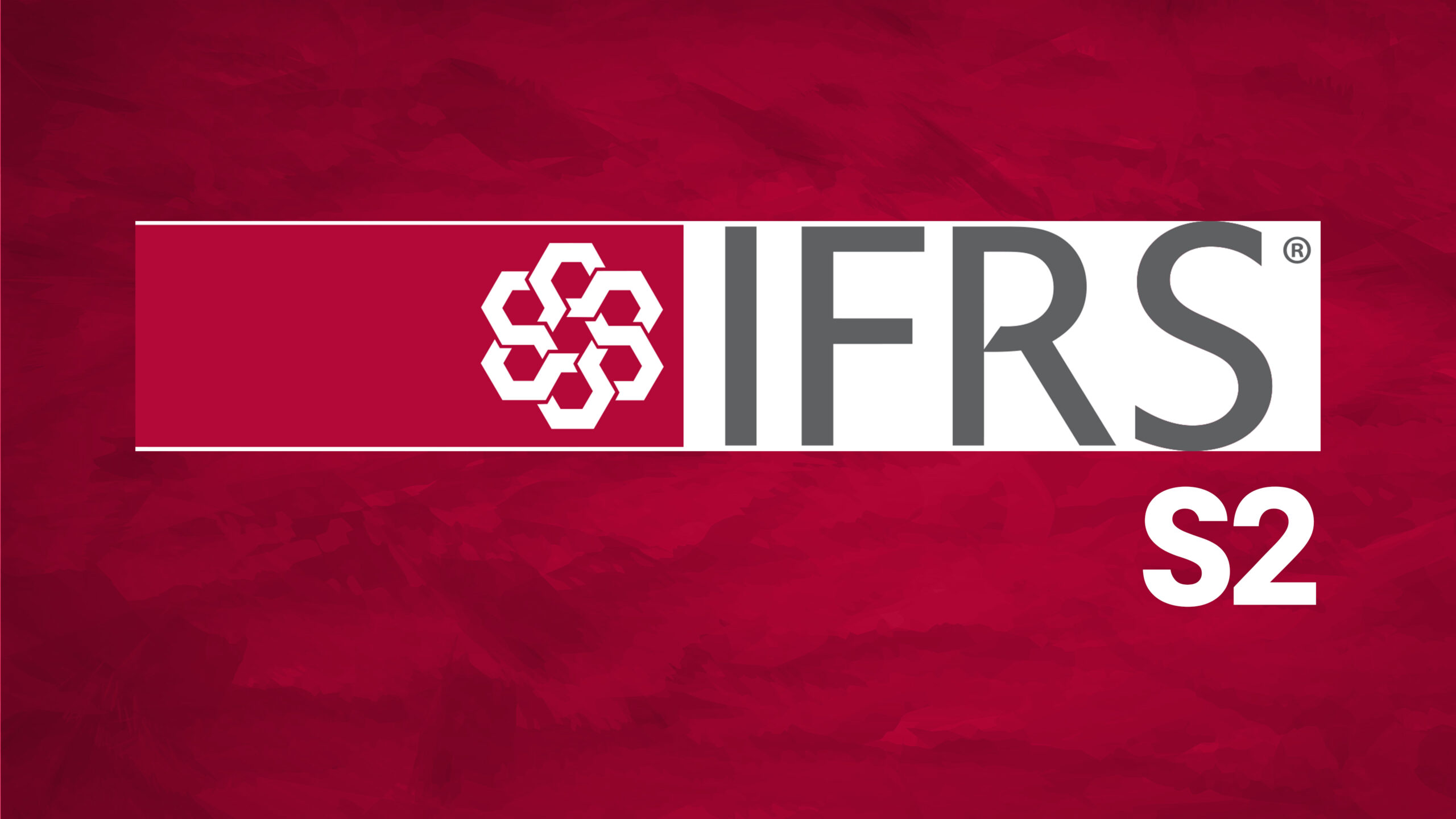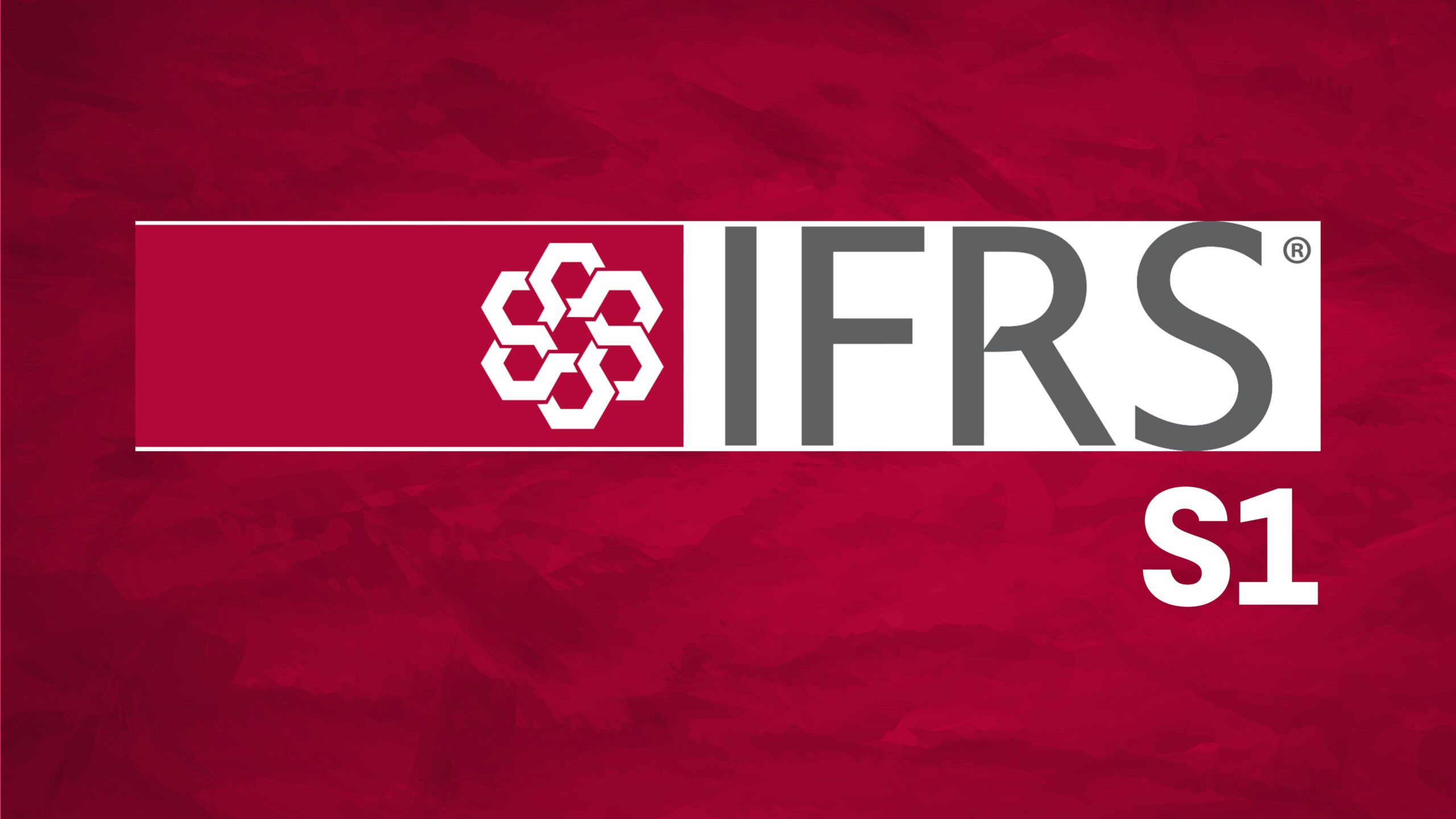
Susan Maina is a content writer at Mugo and Company, where she simplifies Accounting, Auditing, and Forensic Audit services with her finance expertise.
LinkedIn >>IFRS 1 sets the pace and guidelines for the preparation of financial statements by entities adopting IFRS (International Financial Reporting Standards) for the first time.
Think of it as a transition manual that offers structured guidance to ensure transparency, consistency, and comparability across accounting periods and jurisdictions.
In this article, we explore in-depth what IFRS 1 entails, its history, purpose, key requirements, and practical application – including a Kenyan case study.
Whether you’re an accountant, finance executive, or business owner, this guide will help you understand how to transition to IFRS successfully.
IFRS 1 (First-Time Adoption of International Financial Reporting Standards) is the Accounting Standard issued by the International Accounting Standards Board (IASB) for companies adopting IFRS for the first time.
Its purpose is to ensure that the entity’s first financial statements under IFRS provide high-quality, transparent, and comparable information, while also minimizing the cost and effort of the transition.
IFRS refers to the International Financial Reporting Standards, a globally accepted set of accounting standards developed by the IASB.
These standards provide consistent guidance on the preparation and presentation of financial statements, promoting comparability, reliability, and transparency across international markets.
IFRS 1 was introduced to facilitate a smooth and standardized transition from local accounting standards (e.g., GAAP) to IFRS.
Its key objectives include:
IFRS 1 is applied when an entity prepares its first set of financial statements using IFRS Accounting Standards, having previously used another national accounting framework such as local GAAP.
Example: A Kenyan firm previously using local GAAP will apply IFRS 1 in the year it prepares its first IFRS-compliant financial statements.
1. Determine Transition Date
Example: Suppose IFRS reporting starts in 2025 with one year of comparatives, the transition date is January 1, 2024.
2. Prepare Opening IFRS Statement of Financial Position
3. Apply IFRS Standards Retrospectively
4. Use Optional and Mandatory Exemptions
5. Provide Reconciliations
The entity must disclose:
6. Profit or Loss comparison
IFRS 1 mandate an entity to do the following:
1. Who needs to adopt IFRS 1?
Companies preparing their first full IFRS financial statements, including those transitioning from local GAAP or other accounting frameworks.
2. What is the “Transition Date”?
It’s the start of the earliest comparative period presented in a company’s first IFRS financial statements.
It’s the date from which the entity must retrospectively apply IFRS standards and prepare an opening IFRS Balance sheet.
3. Must companies restate past financials?
Generally Yes, but IFRS 1 provides for key exemptions.
4. What are the main exemptions under IFRS 1?
Common exemptions include:
5. Is IFRS 1 used only once?
Yes. IFRS 1 is only applied during first-time adoption. Future periods follow standard IFRS.
6. Is IFRS 1 applicable to SMEs?
No. Entities using IFRS for SMEs follow a separate standard with distinct transition rules.
IFRS 1 sets the foundation for entities transitioning to full International Financial Reporting Standards.
By mandating transparency, consistency, and comparability, IFRS 1 ensures that financial statements reflect an accurate and reliable financial position across all periods presented.
For companies in Kenya and beyond, especially those in regulated industries or seeking international investment, adopting IFRS through IFRS 1 is not just a compliance exercise – it’s a strategic financial move.
Successfully transitioning to IFRS Accounting Standards requires expert guidance.
At Mugo & Co., we offer professional accounting and financial reporting advisory services to help you implement IFRS 1 effectively and align your financial statements with international best practices.
Contact Mugo & Co. today to schedule a consultation and begin your IFRS journey with confidence.
This article is for informational purposes only and does not constitute professional accounting or auditing advice. Please consult a qualified advisor or reach out to Mugo & Co. for tailored IFRS 1 implementation support.





Industry Leaders Delivering Client-Focused Solutions with Proven Expertise and Excellence.
Woodland Business Park, 4th Floor, Suite 15, Kiambere Road, Upperhill, Nairobi
info@mugo-co.com
+254 736 570 370
Copyright © 2025 Mugo & Company | All Rights Reserved.
Mugo & Company – Experts in assurance services in Kenya since 1984.